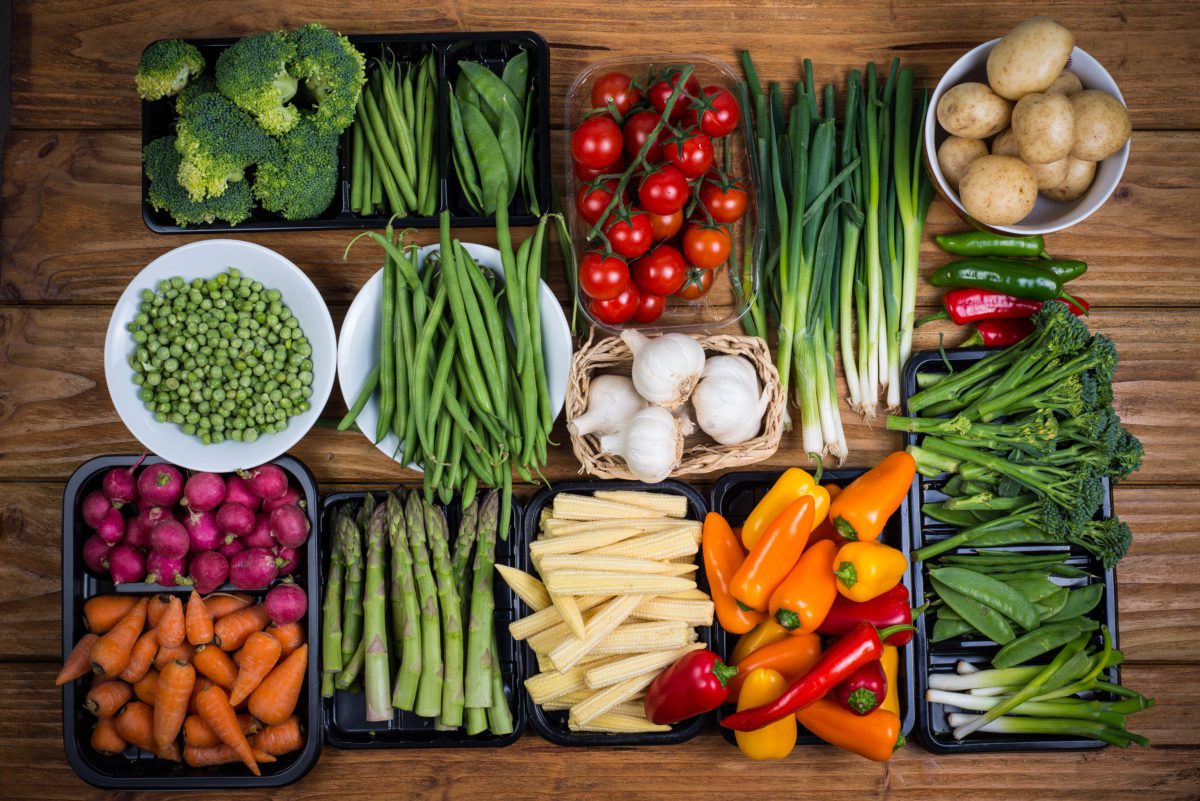
You’ve heard the advice:
Eat a balanced diet. Avoid processed foods. Don’t overdo it with red meat. Don’t put that sugar in your mouth!
But it can be difficult to follow that advice when it doesn’t seem to offer health improvements you can see. Can food change your health at all?
But just because you can’t see the effects immediately, doesn’t mean they aren’t there. Countless biochemical events happen in our bodies every day. It’s not often that a single, sudden event causes disease. Rather it’s the cumulative impact of these processes – positive or negative – that can have a significant health impact years down the road.
Take colon cancer as an example. It can take years from the time a colon cell turns into a cancer cell until it becomes a noticeable cancer on your colonoscopy. This is why screening colonoscopies are spaced ten years apart – it isn’t necessary to have them more frequently to catch most colon cancers in their early stages.
But let’s say you have a colon cell that has mutated – or turned into – a cancer cell. Your daily diet choices may have an impact on the fate of that cell. Will it grow quickly and cause problems? Will your immune system find it and destroy it so that you never even know it was there? Or something in between?
Because African Americans are at higher risk for colon cancer than rural South Africans, researchers decided to look at diet and the way it affects the environment in the colon. The research, reported in Nature Communications, demonstrated immediate changes in factors that affect cancer risk.
The research was simple. They had South Africans drop their typical diet of vegetables, beans and small amounts of meat in favor of a typical high fat, low fiber American diet. On the flipside, the group of African Americans in the study gave up their meat, cheese and fried foods and adopted the low fat, high fiber diet of the South Africans.
After only two weeks on a typical American diet, the African subjects had more inflammation and biomarkers associated with colon cancer. The American subjects, however, had improved their gut environment with a decrease in inflammation and biomarkers associated with cancer. Again, this improvement happened after only two weeks of eating a diet of vegetables, beans and small amounts of meat.
So if you are wondering about increasing your intake of fresh produce, and eliminating many of the processed foods that make up such a large part of the American diet, it’s a good idea. You might not see benefits today or tomorrow, but you will be doing something good for your body. And in ten years, you will thank yourself.
If you’d like to make changes in your diet, but you aren’t sure where to start, we would like to visit with you and help you make a plan. Please get in touch to make an appointment.

